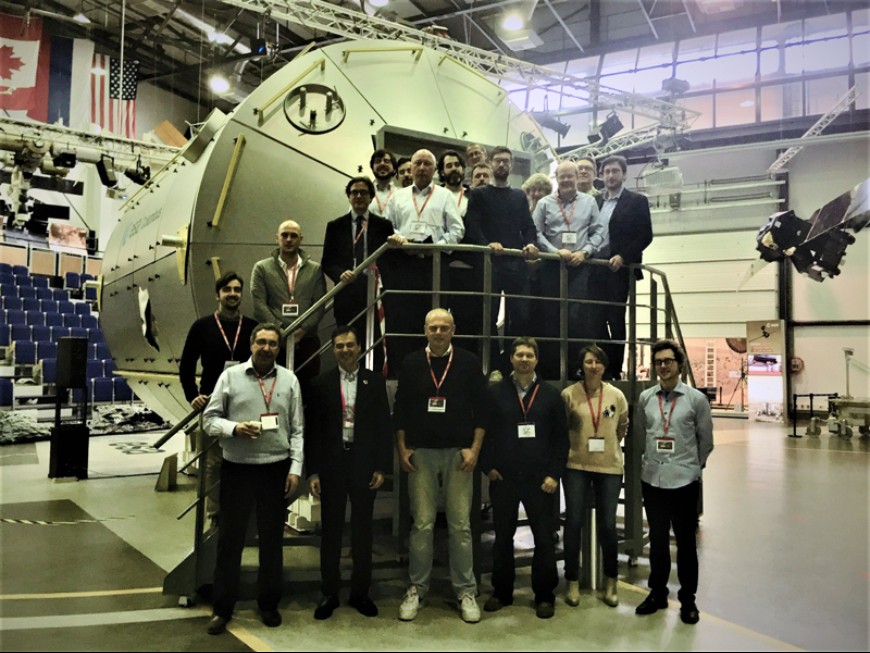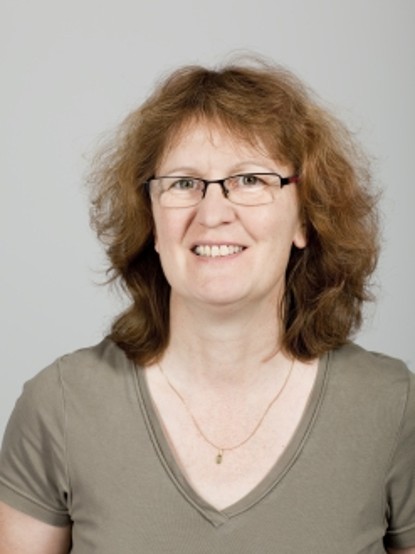Multiscale Boiling Project: Last preparations for the ISS
Investigation of boiling phenomena in low gravity environment
2019/03/08
From February 21-22, 2019, a group of European researchers has met at the European Space Research and Technology Centre (ESTEC) in Noordwijk, Netherlands to make last preparations for their experiment “Multiscale Boiling”. The experiment was designed to measure boiling phenomena under microgravity and is to be carried to the International Space Station ISS on July 8, 2019 with the Falcon 9 rocket. After installation, the experiment will be operated for several months.

Nucleate boiling is a very efficient mode of heat transfer and is used in many engineering fields. Examples are energy conversion, environmental applications, and chemical process industries. The aerospace industry, too, is interested in highly efficient heat exchangers cooling their components in satellites or unmanned vehicles exploring the surfaces of Moon or Mars, for instance. Under zero- or reduced gravity conditions, every component consuming power has to be cooled actively (e.g. by means of a fluid) as there is no air to take the heat away.
Under normal gravity conditions, many boiling phenomena such as micro-region effects or Marangoni convection are too fast and too small to be measured experimentally. Boiling experiments conducted in low gravity environment allow a much better observation: With decreasing buoyancy bubbles grow slower, detach later and get bigger. Thus, scientists get an artificial boost in their measurement resolutions.
The project “Multiscale Boiling” is funded by the European Space Agency (ESA). The team consists of researchers from the Institute for Technical Thermoynamics (TTD) and several European countries and associated states.
If you liked this article you may be interested in:
In an Airbus to Moon, Mars and back

